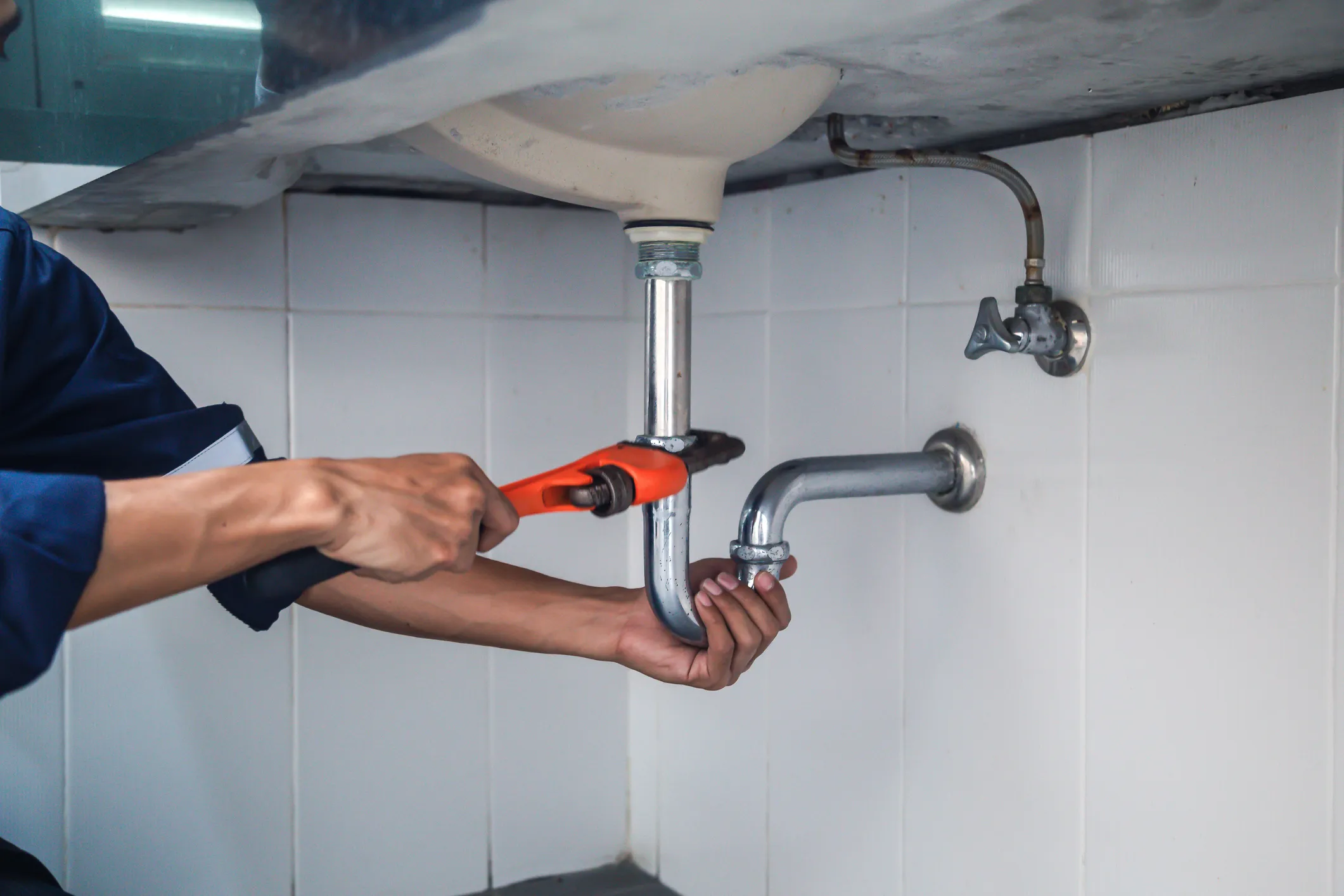The pursuit of creating energy-efficient homes is becoming increasingly vital in today’s world. By adopting best practices for energy-efficient homes, homeowners and real estate developers can significantly reduce energy consumption, lower costs, and contribute positively to the environment. This article will dive into the essential strategies and considerations that will ensure your home is as sustainable as possible.

Introduction to Energy Efficiency
The concept of energy-efficient homes revolves around minimizing energy use while maintaining or even improving the comfort of living spaces. It’s an approach that benefits both the environment and the economy by reducing energy consumption, which in turn reduces utility bills and lessens the impact on natural resources.
Why Build an Energy-Efficient Home?
Building an energy-efficient home is a step towards sustainability. Not only does it help in conserving the environment, but it also offers cost savings in energy bills. Learn more about the importance of energy-efficient construction on the Statista website.
Designing for Energy Efficiency
Site Orientation and Layout
The orientation of a home plays a critical role in its energy efficiency. Positioning the home to take advantage of natural light can reduce the need for artificial lighting and heating. Meanwhile, proper layout planning can enhance ventilation and temperature control.
Insulation and Sealing
Effective insulation is paramount in maintaining a stable temperature within the home. It reduces the need for heating and cooling, thereby curbing energy consumption. Sealing drafts and leaks should also be prioritized to ensure insulation performs efficiently. Explore additional strategies for insulating homes by visiting this sustainable building guide.
Smart Energy Management
Energy-Efficient Appliances
Choosing energy-efficient appliances can drastically reduce a home’s energy consumption. Look for Energy Star labels or similar certifications when purchasing new appliances.
Solar Energy Utilization
Incorporating solar panels into the home’s design can provide a renewable source of energy, reducing reliance on fossil fuels. With advancements in technology, solar panels have become more affordable and efficient, making them a viable option for many homeowners.
Smart Home Technology
Smart home technology can optimize energy use within the home by providing settings that minimize energy wastage. Thermostats, lighting, and security systems can all be connected to manage and reduce energy consumption effectively.
Water Efficiency in Homes
Low-flow Fixtures
Installing low-flow fixtures for showers and taps decreases water usage without compromising performance. This can lead to significant savings in utility bills while conserving a precious resource.
Rainwater Harvesting Systems
Implementing rainwater harvesting systems is another way to enhance home sustainability. These systems collect and store rainwater for non-potable uses like irrigation, further reducing water bills and demand on municipal water systems.
Builders and Certification
Choosing the Right Builder
Selecting a builder with a commitment to sustainable practices can make a huge difference in the final outcome of your home. You can find more strategic builders focused on energy efficiency.
LEED Certification
Getting LEED certification is a recognition of your commitment to sustainability. LEED-certified homes are constructed using strategies that improve energy performance, water efficiency, and indoor air quality. To learn more, visit the U.S. Green Building Council.
Conclusion: The Future of Energy-Efficient Homes
The future of housing is rapidly aligning with sustainable practices and energy-efficient homes. As technology progresses and environmental awareness grows, building homes that prioritize energy efficiency is crucial for sustainability. Adopt these best practices to ensure your home is prepared for the future.

FAQs
What are the primary benefits of energy-efficient homes?
Energy-efficient homes offer substantial benefits such as reduced utility bills, decreased environmental impact, and improved comfort.
How can I make my existing home more energy-efficient?
Focus on upgrading insulation, sealing leaks, using energy-efficient appliances, and considering renewable energy options like solar panels.
Is it expensive to build an energy-efficient home?
While initial costs may be higher, the long-term savings on energy bills and increased property value often offset the upfront investment.
This article contains affiliate links. We may earn a commission at no extra cost to you.




